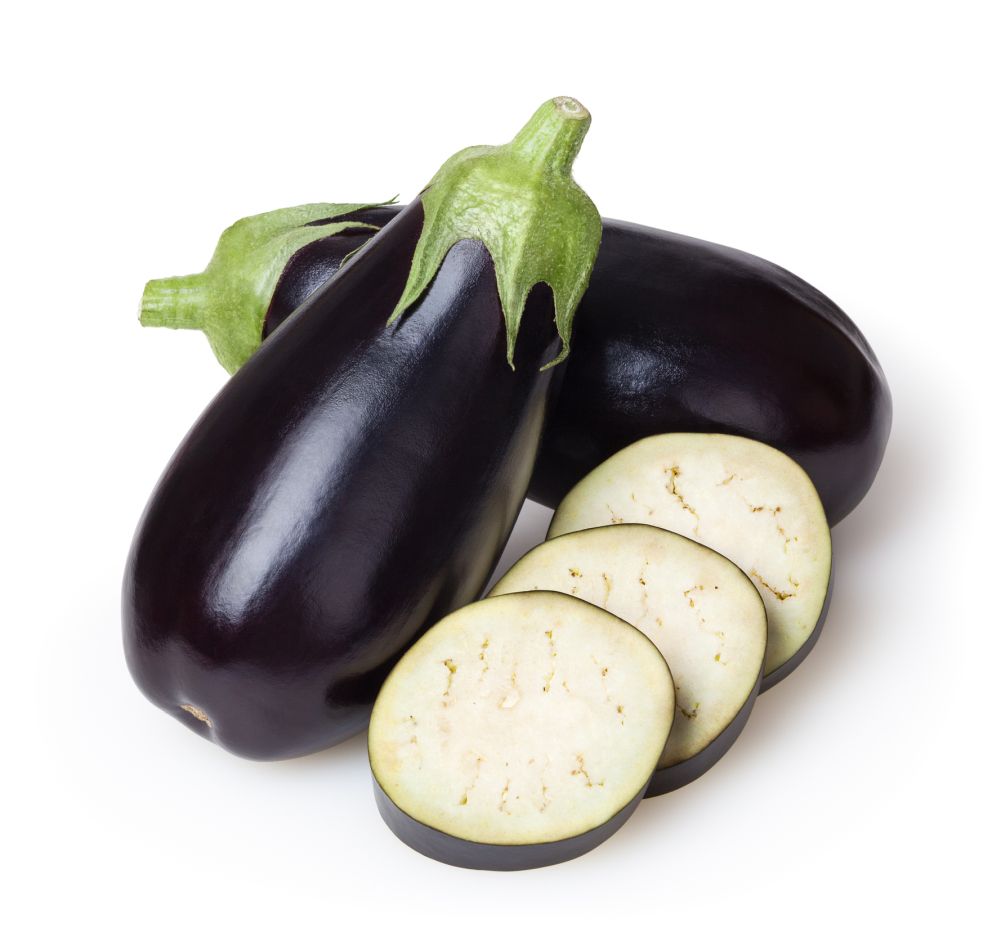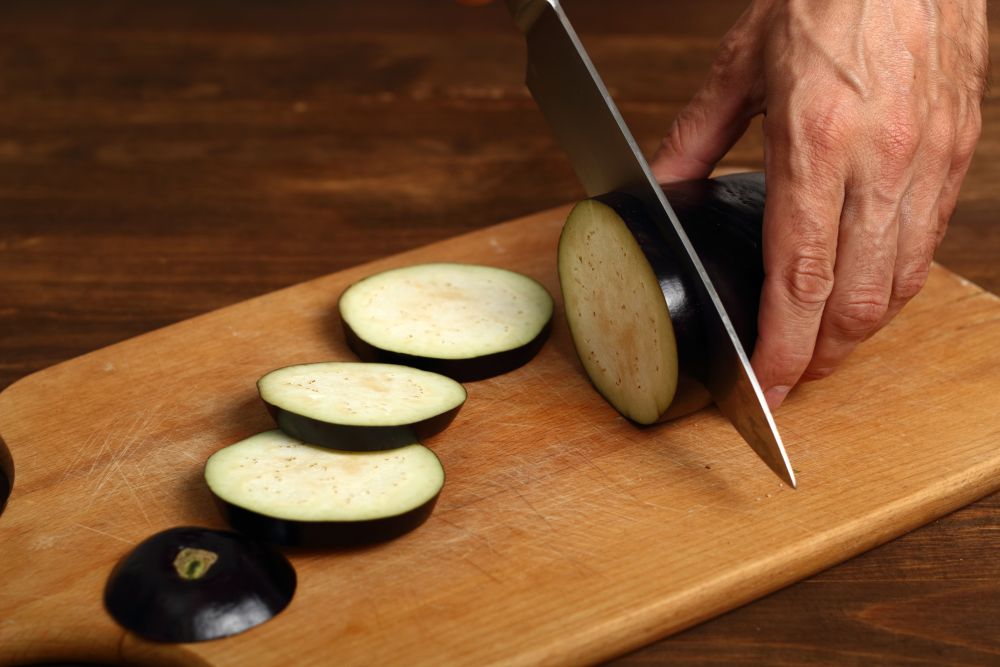Can You Freeze Eggplants? Here’s How To Do This Right
Eggplants are so versatile and you can use them in a million different ways. What happens when you have too many eggplants, however? Can you freeze eggplants?
If you’re growing your own eggplants or you’ve bought too many of them, making sure they don’t go to waste has to be on your mind. Whenever you freeze something, including eggplants, rather than throw them out, you save time and money.
Can You Freeze Eggplants?
One of our readers has sent us a message about freezing eggplants and we’re quite interested in getting to the bottom of things. Let’s see what they had to say:
My neighbour brought me over some eggplants from his garden. I can’t use them all, but I don’t want them to go to waste. Can you freeze eggplant?
Freezing eggplant is a little bit trickier than freezing some other vegetables, but not impossible. The eggplant’s consistency will change upon thawing, so it’s best to use eggplants that have been frozen in recipes where firm slices aren’t required.
How to Freeze Eggplants?
Freezing eggplant properly involves blanching them first to stop discoloration, so gather all of your equipment together before starting to ensure the process runs smoothly.
You will need the following to blanch the eggplants:
- One large pot of boiling water
- A slotted spoon
- Two large bowls of ice water, with extra ice on hand.
Here’s how you can blanch your eggplants:
- Set the pot on the stove to boil, and get the bowls with the ice water ready.
- Mix in about 1/3 cup of lemon juice into the ice water to help prevent discoloration of the eggplant.
- Start with a firm, fresh eggplant that’s been washed.
- The larger the eggplant, the larger the seeds, and the more likely it is that it will have a bit of a bitter flavor. Smaller eggplants may be better for freezing.
- Peel the eggplant, discarding the skin, and slice into rounds about ½ – 1 inch thick.
- Working in batches, place sliced eggplant into the boiling water and cover. They should remain in the water for about 4 minutes.
- Remove the slices with a slotted spoon and place immediately into the bowls of ice water.
- As water heats from the eggplants, add more ice.
- When slices are cool, remove them from the water and place in a colander to drain.
- Dry the eggplant slices on paper towels to allow some of the excess water to seep out, and then place them into freezer bags.
- Seal bags tightly.
How to Freeze Roasted Eggplants?
Freezing your roasted eggplants will also work. Here’s what you have to do:
- Cut the eggplants in half and lay cut side down on a baking sheet.
- Roast in a 400F oven until flesh is soft.
- Let cool and scoop flesh from skin.
- Place the cooked eggplant in freezer bags, suction out air, and seal.
- Frozen eggplant can last up to a year in an airtight container.
- To use, remove eggplant from the freezer and defrost in the refrigerator.
- Frozen eggplant will not have the same consistency as fresh, it will be mushier. It is best used in dishes where pureed or cooked-down eggplant is required.
How to Keep the Eggplants for Longer?
If you want to keep your eggplants for longer, then you will need a vacuum sealer. These appliances will manage too really take the air out of the bags or containers, so no oxygen affects the contents, and create a perfect seal.
We have a great list of vacuum sealers that you should look into, as it will tell you everything you need to know about them. However, if you’re looking for a quick recommendation, the FoodSaver V4840 2-in-1 Vacuum Sealer Machine made it to the top of our list for good reason – it’s brilliant! It works with freezer bags and containers and you can get extras to make it work in more ways. It’s a great investment that will save you time and money in the long run.
How to Thaw Eggplants?
If you want to thaw your eggplants, you can take them out of the freezer and place them in the fridge for a few hours. However, you can also just add your slices straight into the pan so it can thaw while cooking.



